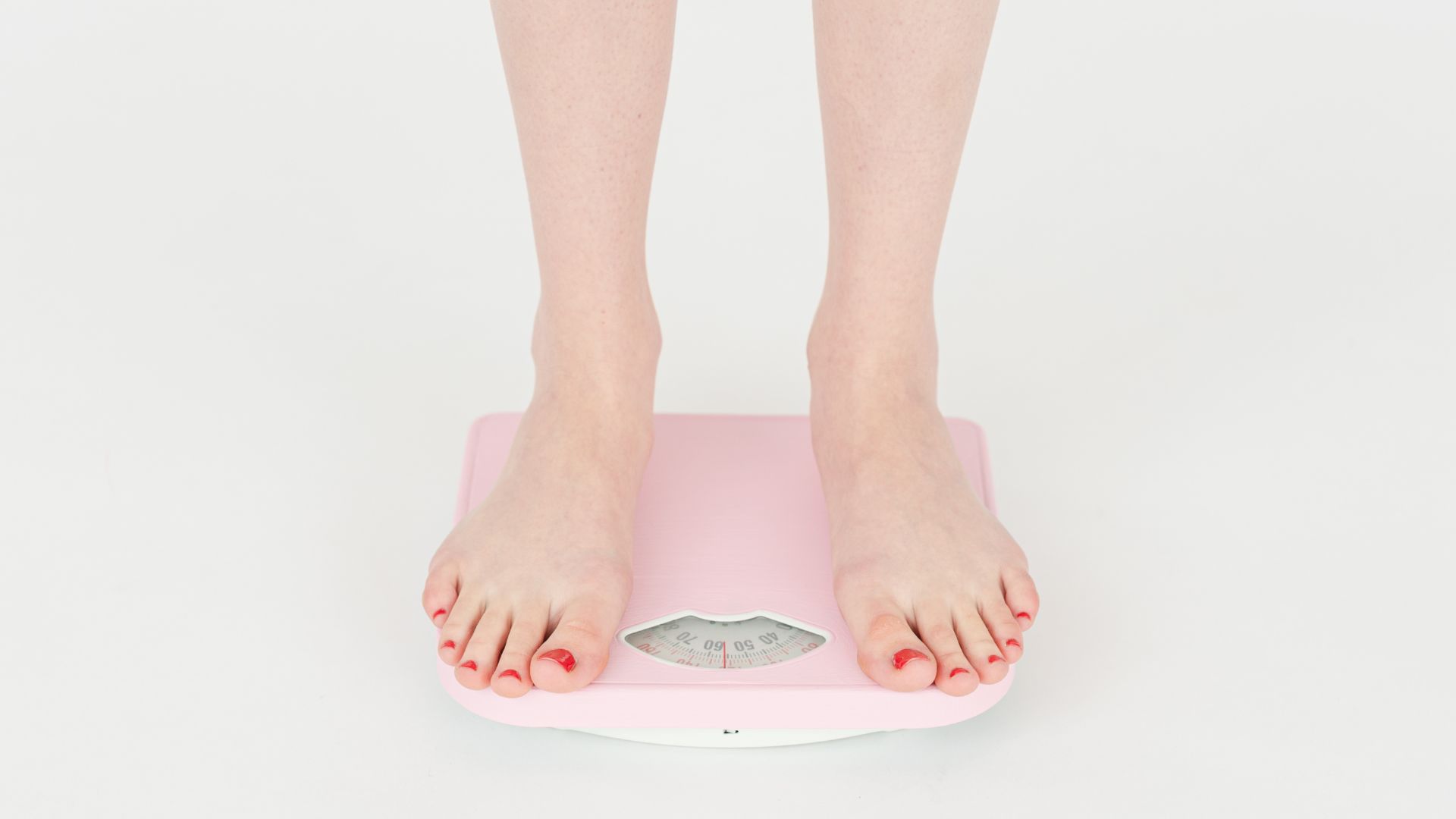When we talk about fertility, we primarily mean the fertility of a woman. However, it takes two to conceive a child! The quality of sperm is just as important for this as the quality of the eggs.
At what age are men most fertile?
Age affects men’s fertility, but to a much lesser extent than for women. As we age, sperm quality, and in particular sperm motility, tends to decrease.
How to increase male fertility ?
- Healthy habits, lifestyle.
- A balanced diet
- Vitamins, minerals, trace elements
- Physical activity
- Weight
- Avoid overheating your testicles
Improvements in your diet and lifestyle can make a difference in sperm quality in as little as 2 to 3 months.
- Lifestyle
Quit smoking
Studies have shown that moderate smokers (10 to 20 cigarettes a day) and heavy smokers (more than 20 cigarettes a day) have 20% less sperm. Smokers’ spermatozoa also showed less motility and had altered morphology. This is probably due to increased oxidative stress.
The good news is that these negative effects are quickly reversible after quitting smoking.
Limit your alcohol intake
Excessive alcohol consumption can lead to reduced testicular volume, decreased libido and sperm production. According to studies, the negative effects of alcohol are already evident at 5 drinks a week, but become much more pronounced starting at 25 drinks. However, as with smoking, these effects are reversible a few months after you stop drinking.
If you have begun trying to conceive, it is recommended that you consume less than 7 drinks per week. For couples who are already experiencing fertility problems, men may consider abstaining from alcohol altogether.
Reducing stress levels
High levels of stress can alter the secretion of testosterone, a hormone that is essential for spermatogenesis.
- Nutrition
Choose organic foods.
Choosing organic fruits and vegetables helps limit exposure to pesticide residues, which are thought to affect male fertility. Various studies have shown that men who consumed the highest amounts of fruits and vegetables containing pesticides had 50% lower sperm counts than men who consumed organic foods. In addition, only one-third of these sperm had normal activity.
- Vitamins and trace elements
All vitamins, minerals, trace elements and phytochemicals are more or less directly involved in male fertility, but some more so than others:
Antioxidants
Naturally present in fruits and vegetables, antioxidants help us fight oxidative stress. They also play an important role in men’s fertility. According to one study, a high intake of carotenoids, particularly beta-carotene and lutein, is associated with better sperm motility. Lycopene (a pigment found in red vegetables, particularly tomatoes) is thought to have beneficial effects on sperm morphology. There is no great need to take antioxidant supplements, eating enough fresh seasonal fruits and vegetables is the best way to replenish these substances. This way, we also benefit from all the other nutrients that are good for health in general and fertility in particular.
Omega 3
Several studies have shown that DHA (a type of omega-3) is essential for the formation of the acrosome, a small membrane on the front of the sperm that plays an important role in fertilization (it secretes enzymes that allow the sperm to penetrate the egg). The best natural sources of omega-3 are fatty fish. It is important to choose the smallest fish (herring, mackerel, sardines) at the beginning of the food chain to avoid accumulation of toxins and heavy metal salts.
- Physical activity
A sedentary lifestyle negatively affects the quality of sperm. One hour of exercise a day increases sperm concentration by 48%. Conversely, men with a sedentary lifestyle have a significantly lower sperm concentration.
- Lose the extra weight
If you are overweight, try to lose weight. Obesity affects male fertility problems. In men, being overweight and obese is associated with changes in sperm parameters and sperm count, which is associated with oxidative stress in sperm, which can affect not only the ability to conceive but also the health of the embryo. Obesity can also lead to hormonal changes that increase the risk of male infertility. Being overweight often also affects blood flow, weakening erections.
If you are trying to have a baby and are overweight or obese, consult your doctor for more healthy weight loss options.
- Avoid testicular overheating
Sperm don’t like overheating, as it can harm spermatogenesis and change the quality of sperm. Spermatogenesis requires an average temperature of 32 to 35 degrees.
Do not abuse hot baths, saunas, steam rooms, do not wear tight clothes, do not hold a laptop on your lap, etc.








